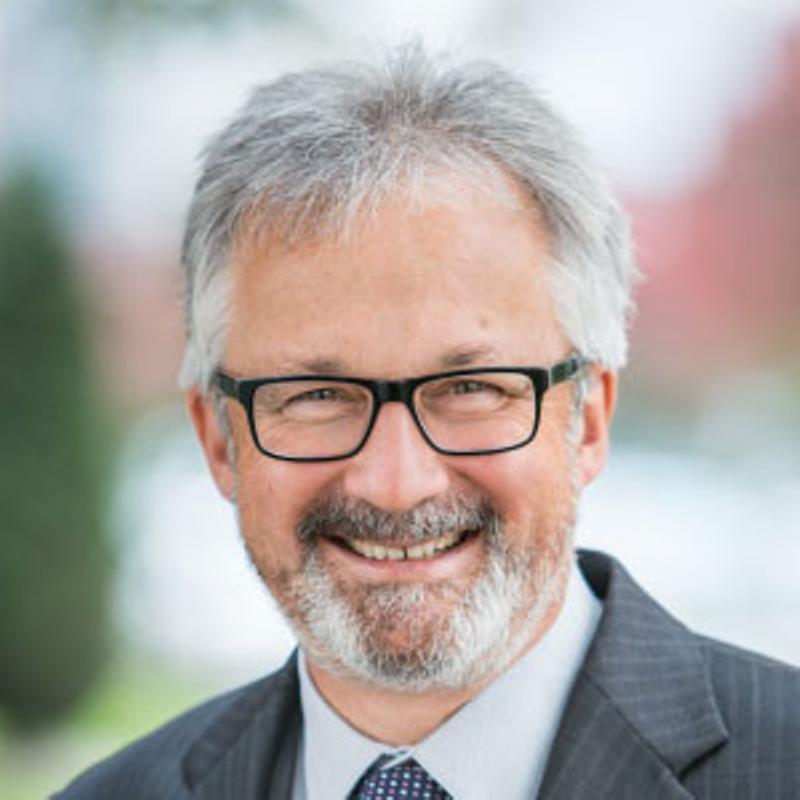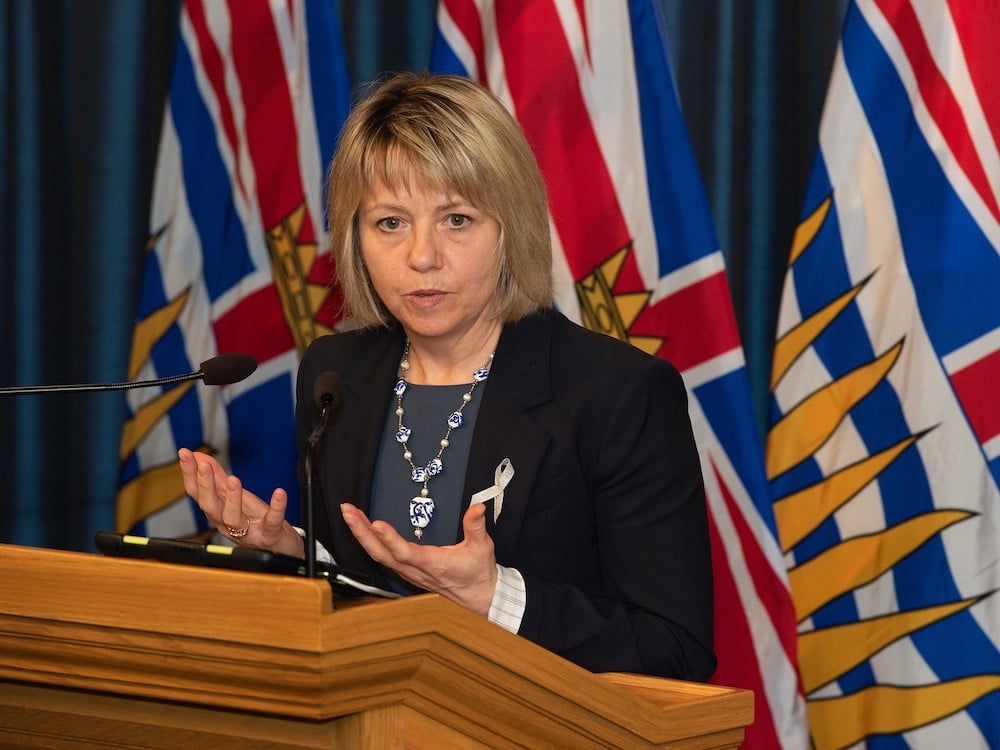Premier David Eby’s dramatic appeal to Ottawa to amend B.C.’s decriminalization program to ban drug use in public spaces marks a turning point in the province’s eight-year-old battle with the fentanyl-driven overdose crisis.
B.C.’s generation-long focus on harm reduction has hit a wall as fentanyl produces a wave of open drug use, hundreds of homeless, ill and brain-injured addicts and a death toll higher than all other causes combined.
The province that pioneered needle exchange programs, opened North America’s first supervised injection site and later sanctioned a score of overdose prevention sites has taken a dramatic step back with the reversal on decriminalization, which 18 months ago enjoyed all-party support in the legislature.
To allow the decriminalization pilot program, Health Canada approved exemptions to controlled substances laws to allow the possession of small amounts of illicit drugs for personal use. Scheduled to run for three years, the program was launched on Jan. 31, 2023.
Now the province’s two right-of-centre parties are vying to condemn decriminalization and federal Conservative Leader Pierre Poilievre has been expelled from the House of Commons for asking, “When will we put an end to this wacko policy by this wacko prime minister?”
Eby’s April 26 appeal to Ottawa effectively gutted the pilot program without cancelling it altogether. The permitted maximum amount of drugs remains, but using those drugs publicly is effectively banned.
What comes next?
Harm reduction seeks to mute the negative impact of substance use disorders on individuals and society. It can include a range of measures, from safe consumption sites to providing prescription or even non-prescribed opioids.
Decriminalization is supposed to reduce the stigma experienced by drug users and make it easier for them to seek treatment.
It all sounds very reasonable, but British Columbians are clearly seeking new approaches. Despite the province’s leadership on harm reduction, the overdose death rate has relentlessly increased. Public patience has run out.
The increase in public drug use may be related to the sharp rise in homelessness, changes in the drug supply, or both. It doesn’t matter. Decriminalization is taking the blame.
There are some who feel Premier David Eby should have apologized for his handling of the decriminalization controversy, but what, exactly, did he do wrong?
Should he apologize for honouring a clear-cut commitment to implement decriminalization, strongly recommended in 2019 by provincial health officer Dr. Bonnie Henry, set out in the BC NDP’s 2020 election platform and part of a campaign that produced a record majority for then premier John Horgan?
Should the Union of BC Municipalities, which voted in favour of decriminalization in 2021, acknowledge its error?
Or should apologies come from the members of the all-party legislature standing committee on health, which conducted weeks of hearings in 2022?
Their unanimous committee report stated that “the upcoming decriminalization of people in possession of small amounts of certain illicit substances is viewed as an important step in destigmatizing substance use and allowing people to receive important health and social services.”
Provincial police chiefs could perhaps show some contrition for their support of the decriminalization pilot program, which reflected their insistence on a much lower limit for personal possession than demanded by harm reduction advocates. (Although police had recommended only one gram, they settled for 2.5 grams, a fraction of the amount sought by advocates.)
In fact, the decriminalization initiative was a modest change. Before the pilot program, charges for simple possession of small amounts of illicit substances were exceedingly rare. Seizures of drugs may have been much higher, but hard to document.
Public drug use, while relatively common, had not been a major issue. Decriminalization simply regulated the amount that could legally be carried. Federal Health Minister Carolyn Bennett approved the pilot program in May 2022.
What could possibly go wrong? Just about everything.
In retrospect, there were warning signs of what was to come. A Leger poll in July 2022 showed the B.C. public split down the middle on decriminalization, with resistance highest in rural communities.
Even before the program began, municipalities like Campbell River began implementing bylaws regulating public use of controlled substances. By May, bylaws had been passed in many communities prohibiting consumption in spaces like school yards and parks.
Anxious to respond to public concern, the provincial government rushed forward new legislation in October “to ban the use of illicit drugs within six metres of all building entrances and bus stops; within 15 metres of playgrounds, spray and wading pools, and skate parks; and in parks, beaches and sports fields.” The bill passed in November with an effective date of Jan. 1, 2024.
Harm reduction advocates were quick to respond. The Harm Reduction Nurses Association, a national body with a B.C. section, working with the Canadian Drug Policy Coalition, announced they would seek an injunction to challenge the constitutionality of the new law. On Dec. 29, 2023, Justice Christopher Hinkson granted the injunction application and his ruling was later upheld on appeal.
If the Harm Reduction Nurses Association hoped to protect the pilot program, their strategy was badly flawed.
With the provincial legislation neutralized by the Hinkson ruling for months, if not years, and public opinion inflamed by new claims of public illicit opioid use in hospitals, Eby turned to Ottawa for sweeping changes to the decriminalization pilot to “ban drug use in public spaces.”
On Tuesday Ottawa agreed, so users will have to consume at home, in a shelter, in a tent or at a consumption site. Police powers to seize drugs are restored. Members of the public may now feel empowered to call the police whenever they see public drug use.
The Harm Reduction Nurses Association, declaring itself “profoundly frustrated and disappointed” at the government’s move, is warning B.C. that its measures “will put people who use drugs and people who use public space at further risk of harm and death.” The association offered to sit down with the province to negotiate new measures including “public health-focused regulation of the drug supply.” (The Canadian Drug Policy Coalition advocates a radical overhaul of drug laws to remove “all sanctions and interventions associated with simple drug possession or with necessity trafficking.”)
The conflict over decriminalization has gone across the country, with Ontario Premier Doug Ford vowing to fight “tooth and nail” against a similar proposal from the City of Toronto. Mayor Olivia Chow is steering away from the battle, declaring homelessness, mental health care and drug treatment as “far more important.”
Was decriminalization working? An early survey by the BC Centre for Disease Control suggested that interactions between police and drug users continued and that the current policy was unlikely to have any effect. Of those surveyed, about half had contact with police in the previous 90 days, about one-third of those were arrested for reasons other than drug use or trafficking, and half of the people who had drugs seized had more than 2.5 grams.
The B.C. government, however, told Health Canada that possession offences decreased 76 per cent in the first six months of the program.
For her part, Dr. Bonnie Henry is asking anxious communities to do more to provide safe places to consume. Despite the dramatic growth in the number of overdose prevention sites, fewer than half have facilities for smoking drugs.
She’s also tapping the brakes on the fraught issue of the provision of “safer supply,” the prescribing of pharmaceutical-grade alternatives to the poisoned drug supply. A lengthy report she issued in February tackled diversion of prescribed safer supply drugs to the illicit market, as well as the need for much more research. Henry stopped well short of endorsing “non-prescribed” safer supply, a new strategy emerging from harm reduction circles.
The illicit drug crisis is now on the public agenda in a new way. With harm reduction advocates on the defensive, new voices are demanding a deeper analysis of addiction, more access to treatment, more recovery support and even more enforcement. None of this will be cheap or easy.
For the first time since the overdose emergency was declared, the broader public has engaged in the debate. Public support is a prerequisite to a renewed strategy to support people with substance use disorders, and to rein in both the toxic drug supply and the people who sell it.
No apologies are necessary from those who thought, in good faith, they had a partial solution and tried to achieve it. Lack of compassion, failure to experiment, refusal to listen — those are mistakes you have to say sorry for. ![]()
Read more: Health, Rights + Justice, BC Politics

















Tyee Commenting Guidelines
Comments that violate guidelines risk being deleted, and violations may result in a temporary or permanent user ban. Maintain the spirit of good conversation to stay in the discussion and be patient with moderators. Comments are reviewed regularly but not in real time.
Do:
Do not: